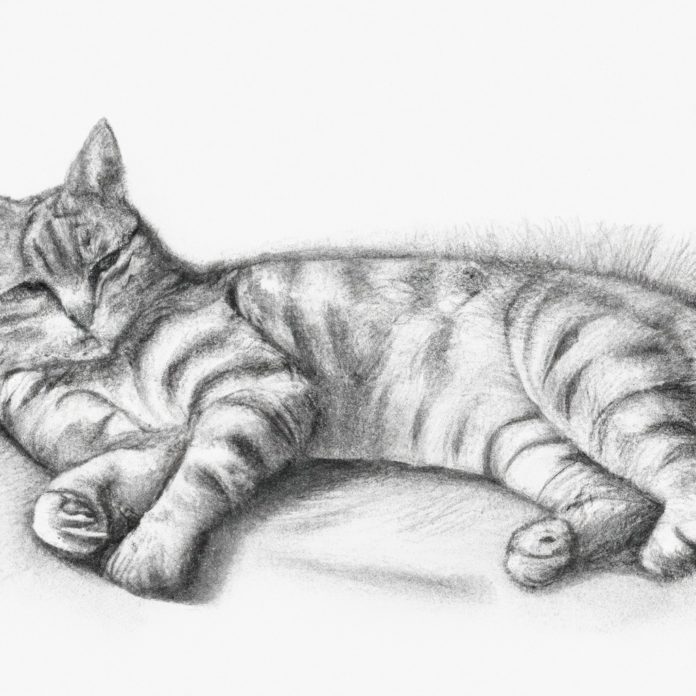Dear VetBabble,
I have a male feline who has been unable to urinate for the past 24 hours. I heard that there might be a crystalized blockage. What exactly does a vet do to remove this blockage? Also, what can I do to prevent this problem in the future?
Unblocking Urinary Issues in Male Cats
Firstly, it’s important to remember that not being able to urinate can be a life-threatening condition in cats, so it’s crucial that you contact your vet as soon as possible. In cases where a cat is struggling to urinate, it’s crucial to determine the underlying cause. Feline lower urinary tract disease (FLUTD) is a common issue, which can manifest as crystal formation in the urinary tract – particularly in male cats. To learn more about this condition, you may want to check out our article on Why Can’t My Cat Pee?.
In situations like this, our primary goal is to clear the blockage as soon as possible and alleviate your cat’s discomfort. To remove the crystalized blockage, the veterinarian will pass a urinary catheter under sedation or general anesthesia. They will then flush your cat’s bladder with saline to remove any crystals or debris that have built up. Depending on the individual case, the type of catheter used, and the veterinarian’s protocol, the catheter may be left in for 24 hours or removed straight away. It’s important to remember that each case may differ, and your vet will recommend the best course of action for your furry friend.
Preventing Urinary Issues in Cats
Preventing urinary blockages in cats is essential, as they can lead to severe complications or even be fatal if left untreated. There are several ways to help prevent this issue from reoccurring:
- Encourage Water Consumption: Make sure your cat has access to plenty of fresh water. Encouraging hydration can help dilute the urine and reduce the formation of crystals. Consider providing multiple water stations around your home, using water fountains, or providing water in different types of vessels to encourage drinking.
- Cat Diet: Follow your veterinarian’s recommendations for a diet that supports feline urinary health. Specially formulated diets, like those for cats prone to urinary issues, can help reduce the likelihood of crystal formation.
- Monitor Urinary Habits: Monitor your cat’s urinary habits, particularly if they have a history of urinary issues. Familiarize yourself with the signs of urinary problems, such as frequent visits to the litter box, straining to urinate, licking the genital area, or changes in behavior. Report any concerns to your veterinarian promptly.
- Desexing: Desexing your cat can reduce the risk of urinary issues. You can learn more about the benefits and commonality of desexing in our article Desexing Cats is More Common than we Think.
- Regular Vet Check-ups: Regular check-ups with your veterinarian can help detect any potential issues early and ensure your cat remains healthy.
Addressing Other Urinary and Bowel Concerns
Your cat’s urinary health is closely connected to its bowel health, as problems in one area can lead to issues in the other. For example, constipation can sometimes occur in conjunction with or following urinary tract issues. If you suspect your cat is struggling with constipation, you can learn more about remedying this problem in our article How Do I Help My Constipated Cat?
In some cases, feline urinary issues could be symptoms of more significant health issues, such as kidney disease. Regular visits to the vet and monitoring your cat’s urinary and bowel movements will help ensure your cat remains healthy. For more information about kidney disease in cats, have a look at our article on Kidney Disease in Cats.
In conclusion, it’s vital to be aware of your cat’s urinary and bowel patterns, and consult your veterinarian promptly if you notice any abnormalities. Taking preventative measures and seeking early intervention will ensure that your feline friend stays healthy and happy for years to come.









